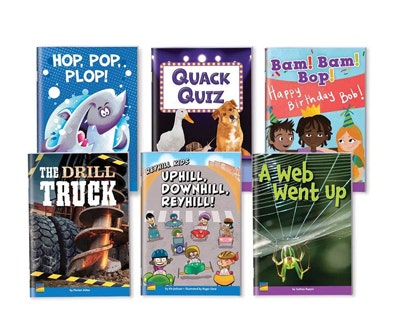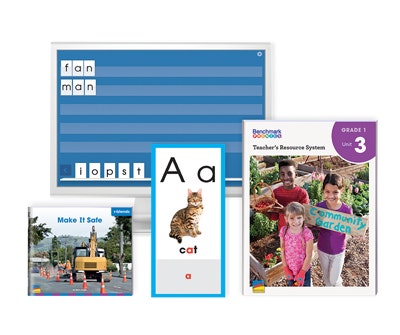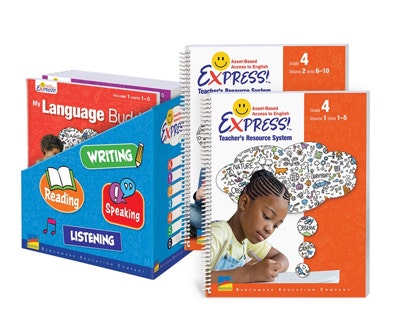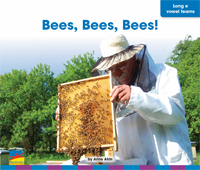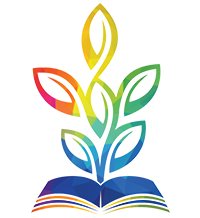Frequently Searched
Resources
Knowledge Hub
The Science of Reading
Evidence points to the skills and instruction needed to develop a reading brain.
All About
Decodable Texts
Developed with Wiley Blevins, decodable readers support acquisition of phonics skills.
Learn what the Science of Reading says about the importance of decodables.
Culturally Responsive Teaching
Representation and a funds-of-knowledge approach establish the foundation for learning.
Understand how to embrace diversity to cultivate academic success.
High-Quality
Instructional Materials
Research has confirmed that HQIM have a significant positive impact on teaching and learning.
Recognize the features of HQIM and their transformative power.

